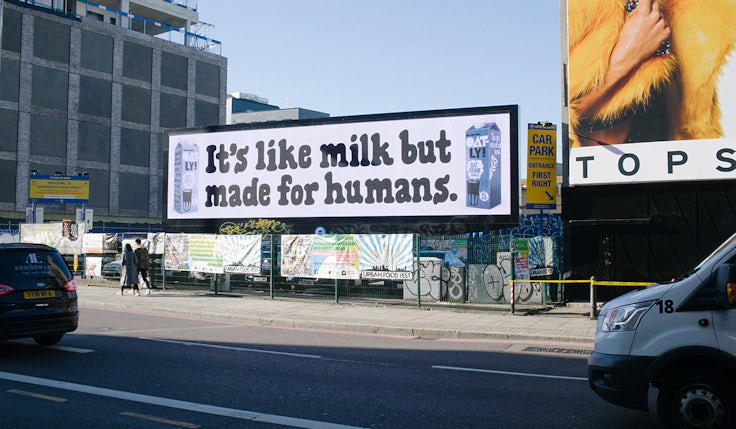No quick win: Brands must commit to long-term wellbeing goals to drive change
Improving workplace wellbeing won’t happen overnight so to make a lasting impact brands must see it as part of an ongoing strategy, no mean feat given CMO tenure is falling.

Committing to wellbeing is no short-term fix and must be hardwired into the way organisations operate.
It is for this reason that Direct Line Group’s marketing director Mark Evans believes businesses need to consider how the short-lived nature of CMO tenure is affecting wellbeing.
“Because CMOs have a short tenure they focus on the short-term results aspect,” he argues, adding that only with time in the job do senior leaders commit to “people building” as opposed to “people using”.
“There is definitely a metaphor between direct-response marketing and brand building, and running people really hard in the short term to survive, versus developing people to thrive in the long term. Tenure gives you confidence to focus on the bigger picture.”
READ MORE: The benefits of integrating workplace wellbeing into performance management
Evans insists investing in wellbeing is well worth the effort. He cites the fact Direct Line Group’s new business has risen from a 16% decline in 2013 to 31% growth in 2016, the same year it became the only insurer to win a gold prize at the IPA Effectiveness Awards.
“All of those things didn’t happen in years one, two or three, but come year four and five we’re seeing the return on that,” adds Evans. “So with a bit of patience, focus and commitment, the prize is worth the effort.”
Bupa’s Watt agrees that there is a compelling business case for wellbeing, arguing that if organisations fail to invest in their people, they are creating a huge risk for their brand and its reputation.
“It’s really important that businesses take this seriously. I deal with 80% of the FTSE 100 and have relationships with lots of small businesses, and they know if they want the best people to do their best work, they have really got to invest in them.
“Leaders have to own this agenda and find out what’s most important to people in the organisation. It doesn’t always have to be about big strategic initiatives, it’s about just asking the people that work for you what’s most important.”
Look out for Marketing Week’s ‘Realising Your Potential’ stage at the Festival of Marketing on 4 and 5 October. To book tickets go to festivalofmarketing.com







